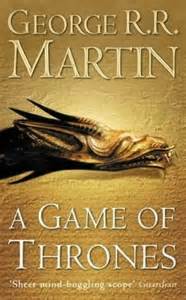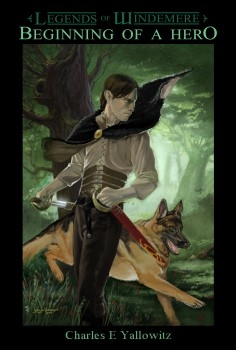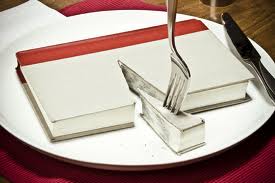Professing to be be self-published now Ms. Lamb sheds more light on the indie scene and the entrepreneurial spirit.
We writers live in interesting times. The same digital tsunami that toppled Tower Records and collapsed Kodak has now consumed the world of publishing. The world we knew five years ago is gone. Traditional is reinventing, indie publishers are growing and self-publishing now can be a viable part of any author’s long-term career plan. This is one of the main reasons WANA has never taken sides and embraces publishing as a whole.
Granted, some authors may find a singular path that fits all their needs, but a majority of us will mix it up and venture on a hybrid path. Traditional houses are encouraging writers to self-publish prequels, short stories, or even stories involving supporting characters to keep the fan fires burning between books.
Indie houses are helping established authors breathe new life into backlists and new authors get a start under the care of professionals. Self-publishing is a fantastic…
View original post 1,302 more words




